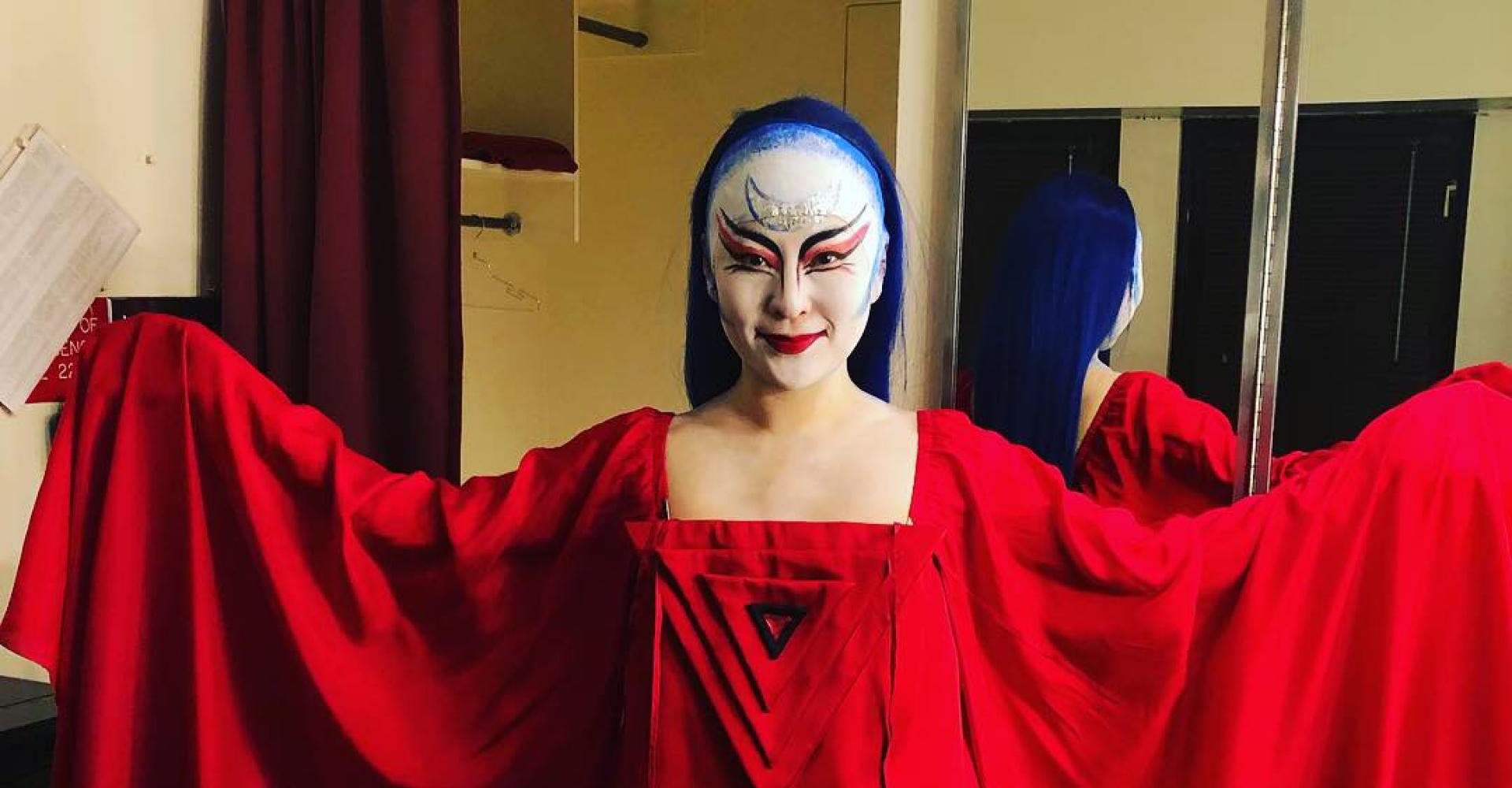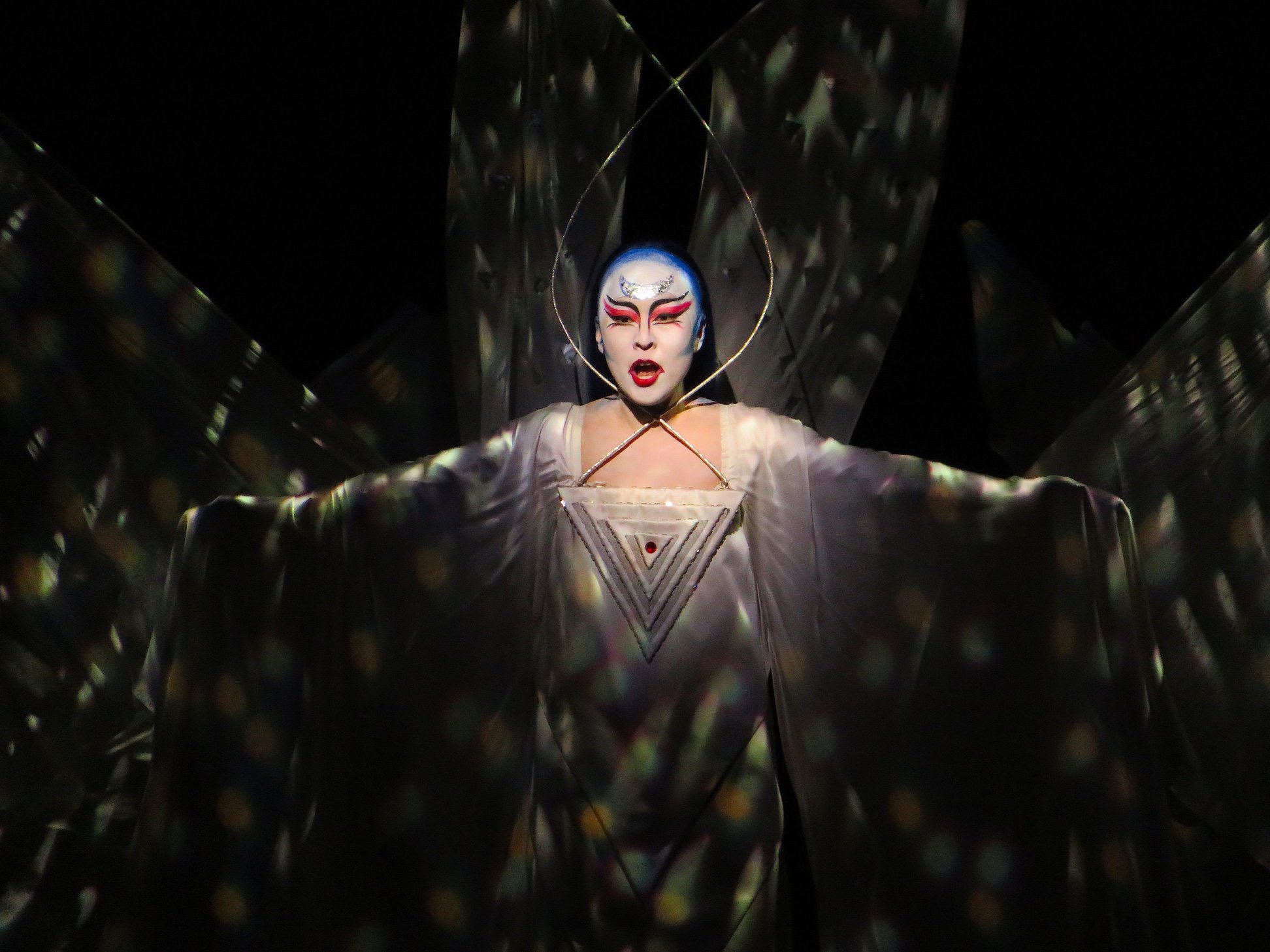Q&A: So Young Park makes her Met debut
Alumna So Young Park sang the Queen of the Night at the Metropolitan Opera in Julie Taymor's beloved production of The Magic Flute.

Soprano So Young Park ’12 MM, ’14 AD made her Metropolitan Opera debut as Queen of the Night in The Magic Flute, performing on January 3, 2019 and covering the role for other performances.
How did you land and prepare for the role?
When I was a sophomore in college, I had to choose a Mozart aria for the jury. My voice teacher recommended the Queen’s second aria for me, and to be honest, I had never sung high F in my life. I was surprised myself that I could sing it, but since then, it has been my favorite aria for my auditions and competitions.
When I got an offer from the Met to sing the Queen of the Night, I really couldn’t believe what I have heard. I sang the Queen in 11 productions in 5 years including my first Queen at NEC, but I when I got the call from the Met, I was having a break from it. I was scared of singing it again so I ran to a practice room right away to check the notes!
I got the offer about a year ago from the Met, so I’ve had enough time to train my muscles to sing the Queen arias again. I tried to sing both at least once a day.
How did your NEC studies prepare you for this role?
I had performed Queen’s second aria a lot, but the first time I sang the complete role was at NEC. I am so glad that I could prepare the role at NEC: I had lots of coachings and rehearsals, and performing with my friends made me feel more comfortable on stage.
I truly learned this challenging role in the best way I could have.

What’s your advice for young singers?
I always tell young singers to try as much as you can. I auditioned a lot when I was in school: summer programs, competitions, master classes; if there was anything I could apply for, I tried. Sometimes I won, but most of times I was rejected.
It was hard to accept being rejected, but through those experiences, I taught myself to get better and stronger each time. I figured out lots of small things: the best aria to start an audition, how to move and where to look when I sing, what to tell to a pianist when I had no rehearsal. These are little details, but they all help you perform better.
I also want young singers to know that being rejected doesn’t mean that the singer was not great. Auditioning is about finding someone who would fit well for their needs, not finding who the best singer is. I want to encourage you to please keep going forward—if you don’t try, the opportunity will never come to you.
Do you have any advice for audiences?
I always appreciate audiences who spent their time and energy to come to be a part of the show. Live performance isn’t complete without the audience: we all feel the music together and breath together.
I love meeting people after the show and sharing their experience—it always cheers me up and makes me love what I do even more. Please share what you loved when you feel it; every artist appreciates that!
